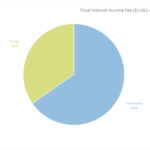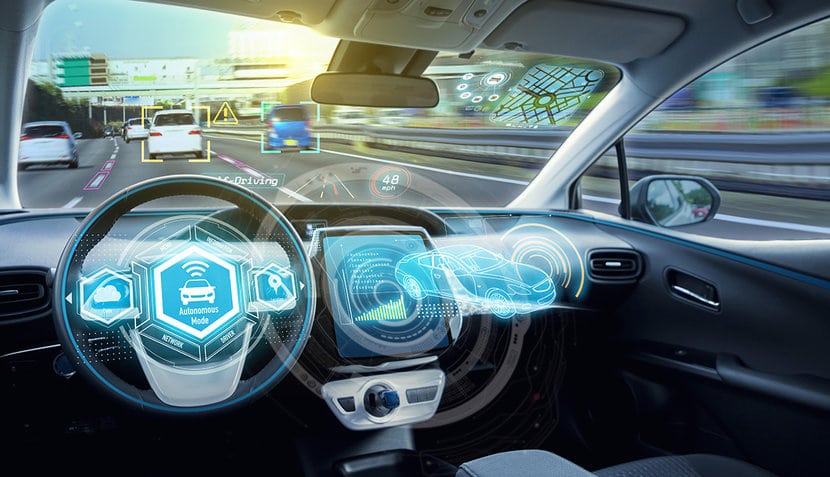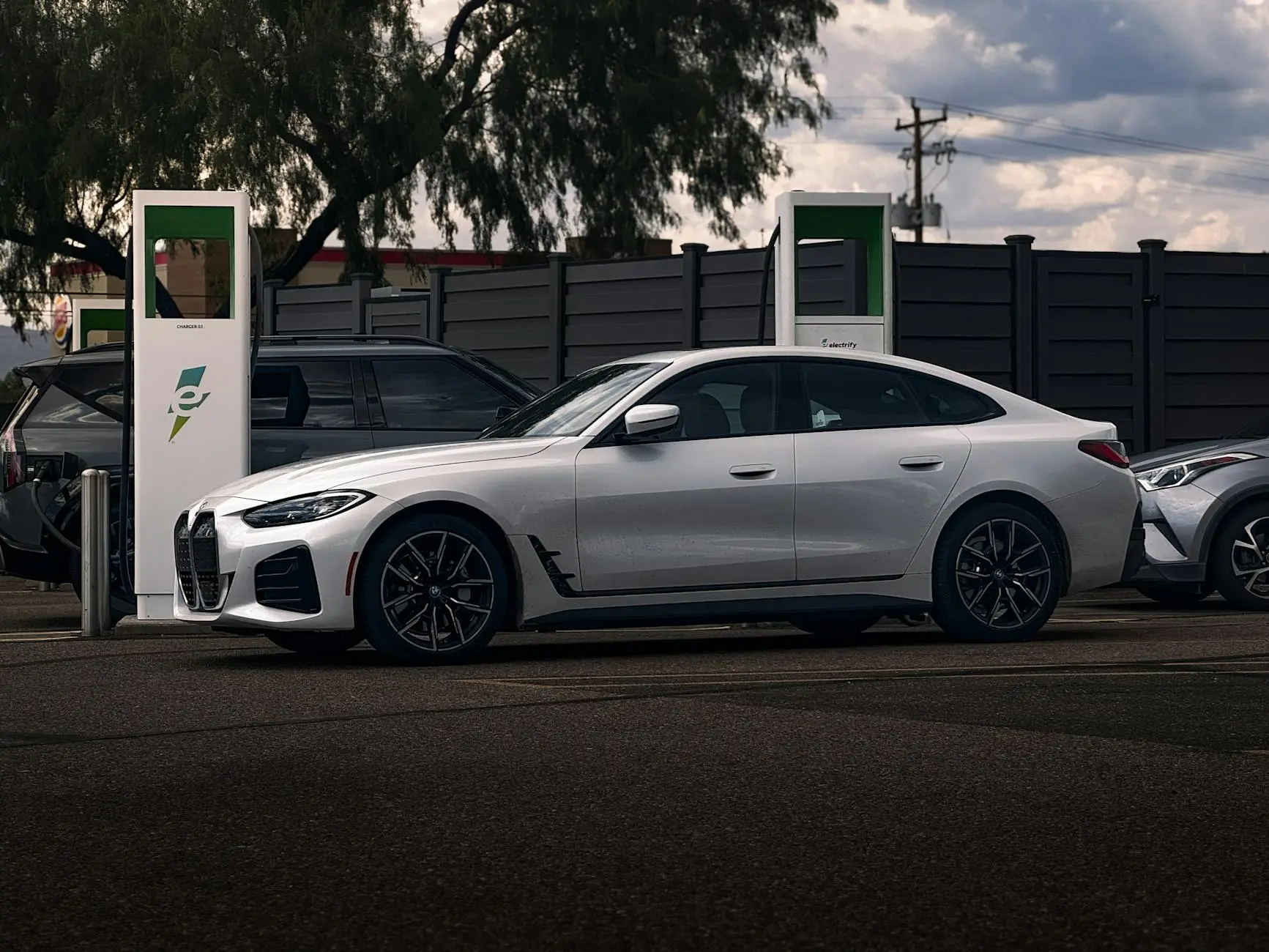The Future of Car Insurance: Trends and Predictions
The car insurance industry is experiencing rapid transformation driven by technological advancements, changing consumer expectations, and regulatory updates. As we look to the future, several key trends and predictions emerge that are likely to reshape how drivers purchase and interact with car insurance. Understanding these trends will help consumers and insurers prepare for a dynamic future.
Rise of Telematics and Usage-Based Insurance
Telematics technology allows insurers to tailor premiums based on individual driving behaviors rather than traditional risk factors such as age or gender. By using GPS and onboard diagnostics, insurers can monitor speed, acceleration, braking patterns, and overall mileage. Usage-Based Insurance (UBI) programs, such as Progressive’s Snapshot or Allstate’s Drivewise, are becoming increasingly popular. According to a 2023 report by Deloitte, about 30% of U.S. drivers enrolled in a UBI program, with that number expected to double by 2028, driven by consumer demand for personalized rates and transparent pricing.
Artificial Intelligence and Automation
Artificial intelligence (AI) is set to revolutionize the car insurance industry by enhancing customer service, claims processing, and fraud detection. AI chatbots are increasingly handling customer inquiries, while machine learning algorithms streamline claims processing, reducing the time from weeks to mere hours. According to McKinsey, the integration of AI could lead to cost reductions of up to 40% in claims processing by 2030. Additionally, AI enhances fraud detection capabilities, identifying suspicious claims with greater accuracy.
Autonomous Vehicles and Insurance Models
The advent of autonomous vehicles presents both challenges and opportunities for the insurance sector. As vehicle operation shifts from humans to automated systems, the traditional driver-centric insurance model will need recalibration. Insurers will likely focus on cybersecurity, software reliability, and vehicular technology liability. A 2023 study by KPMG suggests that widespread adoption of autonomous vehicles could shrink the personal auto insurance sector by up to 40% by 2040, as the number of accidents decreases significantly with automated driving systems.
Integration of Blockchain Technology
Blockchain technology promises to introduce unprecedented transparency and security to the car insurance industry. It can streamline the exchange of information among insurers, policyholders, and third-party entities, reducing fraud and simplifying claims processes. Additionally, smart contracts—self-executing contracts with the terms directly written into code—could automate claims assessment and payouts, mitigating disputes and enhancing trust.
Increased Focus on Cybersecurity
As vehicles become more connected, the risks associated with cyberattacks on car systems rise. Insurers will increasingly need to address potential vulnerabilities in connected cars, covering aspects like data breaches and unauthorized access. This focus on cybersecurity will open new avenues for specialty insurance products designed to safeguard against digital threats.
Eco-Friendly and Shared Mobility Solutions
With a global push towards sustainability and reducing carbon emissions, the insurance sector is adapting to cover eco-friendly vehicles and shared mobility solutions. Electric vehicles (EVs) present unique insurance challenges due to their technology and cost implications. Additionally, car-sharing and ride-sharing models necessitate innovative insurance solutions that effectively address the liability and usage differences from traditional car ownership. The 2024 Consumer Reports highlight that as EV adoption continues to grow, insurers are increasingly offering discounts and incentives to promote eco-friendly transportation.
Personalized Customer Experience
Consumer expectations for personalized services are reshaping the insurance landscape. Insurers are leveraging big data to create customized policies that meet individual needs more effectively. Enhanced customer interfaces and personalized communication, facilitated by data analytics, improve customer satisfaction and retention. The trend towards personalization is so transformative that Gartner predicts that insurers prioritizing personalization are more likely to outperform competitors by 20% by 2025.
Conclusion
The future of car insurance is being defined by technological integration, evolving consumer preferences, and environmental considerations. With trends such as AI, blockchain, and telematics at the forefront, the car insurance industry is set to become more efficient, personalized, and secure. As autonomous vehicles and environmentally conscious transportation solutions gain traction, insurers must adapt their models and offerings to remain relevant. Embracing these changes proactively will not only secure competitive advantages for insurers but also ensure enhanced protection and satisfaction for consumers in this ever-evolving landscape.










